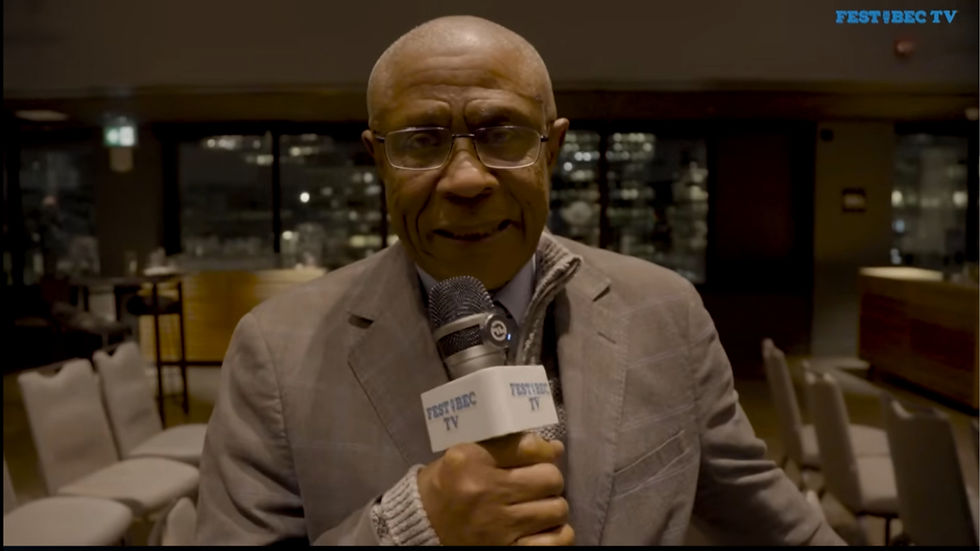FEEJAD: 20 Years of Community Engagement
- Editor

- Sep 4, 2025
- 3 min read

On the occasion of the 20th anniversary of Féjad (Families for Mutual Aid and Education of Youth and Adults), the program Community in Action welcomed three special guests: Perpétu Mukarugiza, founder and executive director of the organization, Louise Gagier, member of the board of directors, and Kenza, an active volunteer and former teacher. Together, they retraced the history, mission, and major achievements of an organization that has become essential in its neighborhood.
Arriving in Quebec in 1988, Perpétu Mukarugiza founded Féjad in 2005 after several years of volunteer initiatives. Observing the social challenges at the Jeanne-Mance housing complex—school dropout, isolation, poverty, and insecurity—she decided to take action. “I took the bull by the horns,” she explains. “I wanted my children to grow up in a healthy environment, but also to contribute to the society that had welcomed me.”
Her approach was based on proximity: knocking on doors, creating dialogue, understanding needs, and mobilizing families. From the very beginning, the organization started in her own living room, welcoming children for homework help and supporting parents as they adapted to the Quebec school system.
For 20 years, Féjad’s mission has remained unchanged: to promote family autonomy and their integration into the host society. This is achieved through several initiatives:
Proximity psychosocial support, to accompany families in their daily challenges.
Academic support, to encourage the educational success of young people.
Functional French language learning, essential for newcomers.
Community and cultural activities (collective kitchens, knitting workshops, yoga, leisure, family outings).
Citizen and intercultural mobilization, encouraging civic participation and social cohesion.
“Our interventions are comprehensive and flexible,” summarizes Perpétu Mukarugiza. “It’s about breaking isolation, creating connections, and equipping families so they can find their place.”
Louise Gagier, who witnessed the creation of Féjad, recalls the difficult context of the 2000s in social housing: insecurity, exclusion, and lack of resources. “Perpétu’s experience allowed the creation of a new kind of community connection, a climate of trust.”
She also highlights a decisive turning point: the involvement of men. “Very quickly, they asked: ‘And us, what do we do?’ We developed projects for them, and to our surprise, all the activities ended up being done as families. It was even the men who took charge of the cooking during community gatherings. A true social change.”
A study conducted by Crémis (UQAM) also demonstrated the effectiveness of the Féjad model, generating keen interest among researchers and community organizations.
For Kenza, a volunteer and active member, Féjad is much more than an organization: “I was isolated when I first arrived. Féjad opened its doors to me, gave me a family. Thanks to the workshops, French classes, and activities, I found a social life again, I feel useful and fulfilled.”
Her words reflect the very essence of Féjad: transforming isolation into solidarity. Today, the organization brings together families from more than 70 countries and successfully builds bridges between cultures, generations, and social realities.
Beyond its activities, Féjad has trained dozens of university and college interns eager to learn its intervention methods. The organization has also encouraged civic participation: many of its members now attend municipal council meetings, ask questions, and take an active role in public life.
“What Féjad has accomplished, few organizations have,” concludes Louise Gagier. “It’s a model of inclusion and empowerment that continues to bear fruit.”
While challenges remain—funding, adaptation to new social and economic realities—Féjad stays true to its core: mutual aid, education, and inclusion.
“Every step we take together is a victory,” affirms Perpétu Mukarugiza. “Our mission is to transform lives, and after 20 years, we know that it’s possible.”




Comments